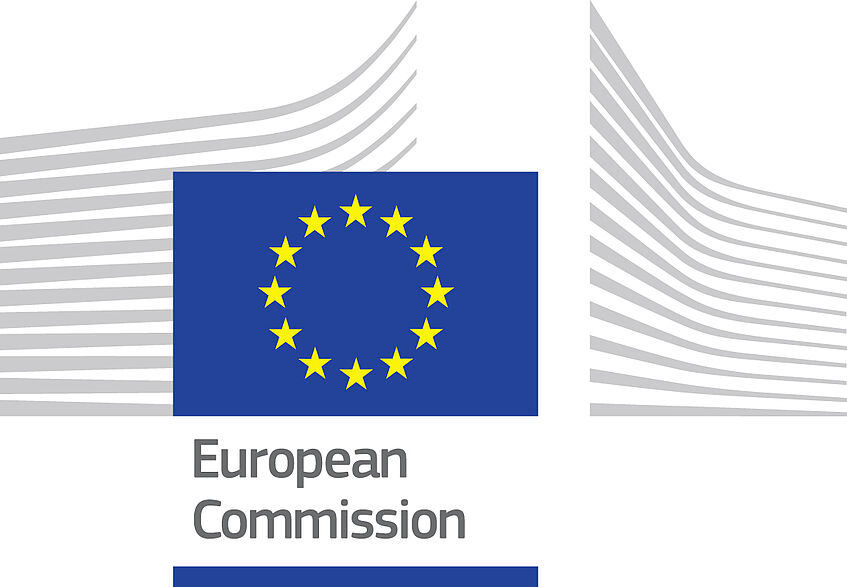Jean Monnet Chair of European Media Governance and Integration
2016-2019
Understanding the ways in which European integration has reflected developments in the governance of media and cultural spaces in the continent, the role of European institutions in shaping mediascapes and the impact of constitutional and institutional change in the EU to respond to citizens’ political demands are three core areas of research, teaching and public debate led by Prof Sarikakis and the Media Governance Lab. This work focuses on recent European history in the light of actual and perceived crises: financial, migration, EU membership, and legitimacy of governance. The study of and debate about the extraordinary challenges to European integration faced by EU institutions and citizens today are urgently in need of systematic study and public understanding.
The Jean Monnet Chair of European Media Governance and Integration has pursued a programme of teaching, research and outreach activities which brought together an interdisciplinary focus on under-researched dimensions of the political, social and institutional integration of European countries. In particular, it addressed the conceptual and practice-formed areas of communicative spaces and governance of communication as the field of political praxis, whether institutional or citizen mobilised, the space of cultural expression as one of the most significant factors of identity formation and participation, the role of symbolically framed or perceived, and structurally constructed crises with which the European project is called to engage.
Within the duration of the programme, the Chair sought to engage academic rigour and research with forms of public communication. Besides a series of activities engaging strongly with journalists, researchers and civil society, the Chair pursued the publication of young people's voices, but specifically curating blogposts from young people and, in particular, students.
The Jean Monnet Chair of European Media Governance and Integration aimed to
- stimulate research, generate publications and disseminate learning with a focus on regulatory, policy and social deployment strategy scenarios at the intersection of European media and communications rights and integration,
- stimulate interest in European integration and communication governance among students in various disciplines and from various geographic locations with new courses in European Media Governance Studies,
- facilitate and curate public debates for multi-stakeholders on the challenges of the governance of the EU and its role in communication and culture in the light of crises and challenges to the European Project,
- enhance regional cooperation through exchange between higher education institutions, media industries and policymakers.
The Chair further fulfilled a programme which
- expanded and deepened research informed and real world activated teaching in European integration by drawing attention to the significance and role of media, communication and culture, both as structural conditions and as legal conditions in the project of unification.
- connected areas, which have proven to be at the core of the public's and experts' debate about European integration, but which have remained rather at the sidelines of Jean Monnet action. These areas are increasingly gaining media and policy recognition for their importance in guaranteeing (or challenging) the raison d etre of the EU, the legitimacy of its institutional handling and its internal and external relations, as well as its standing as a guarantor of Human Rights and Fundamental Freedoms.
- offered in-depth understanding of the challenges imposed on the EU and the ways in which it responds to them at three levels: citizen level and democracy, state level and process, international level as a policy actor. Across these three levels, it explored the emerging and pressing dimensions of freedom of press, privacy/surveillance, media ownership on their impact on democracy, legitimacy, participation, social cohesion, migration and sustainability vis a vis extended periods of crises.


